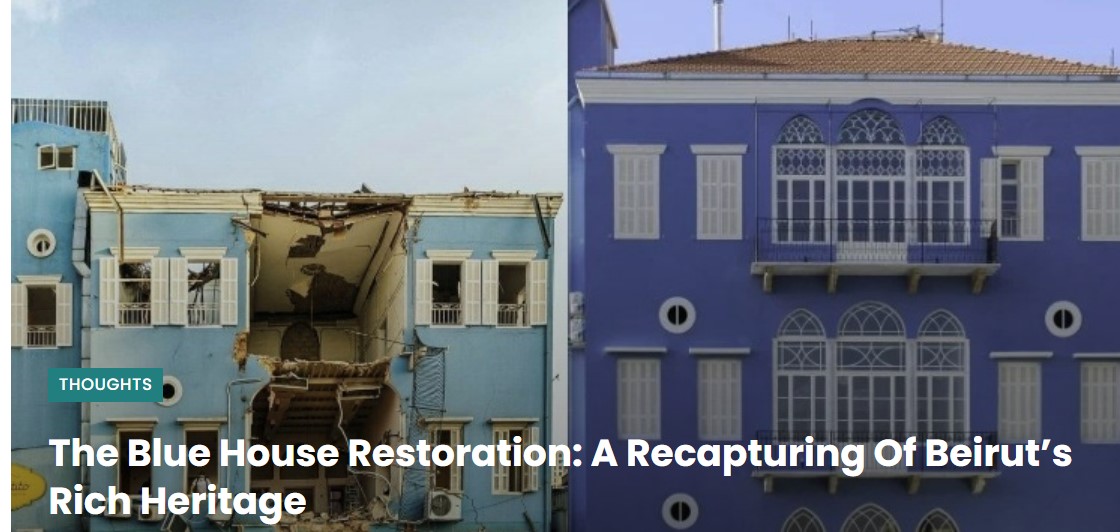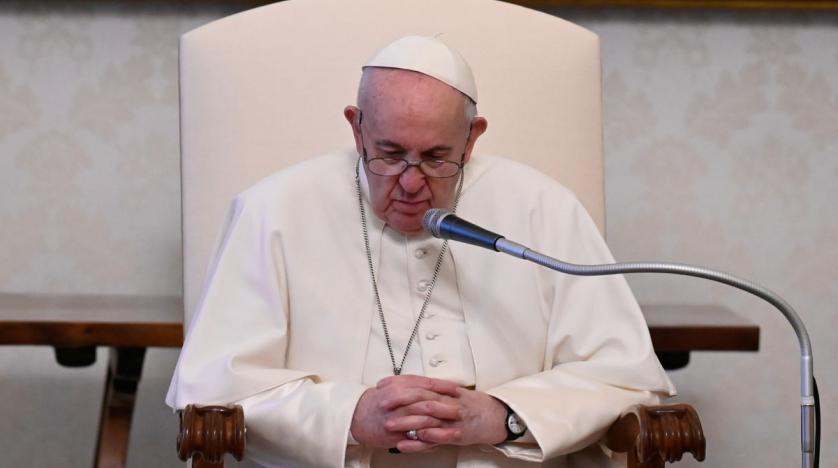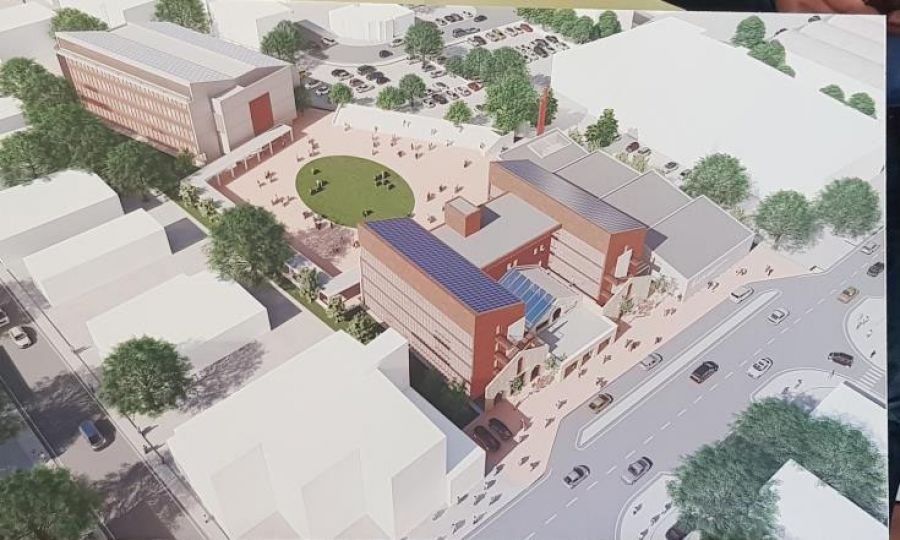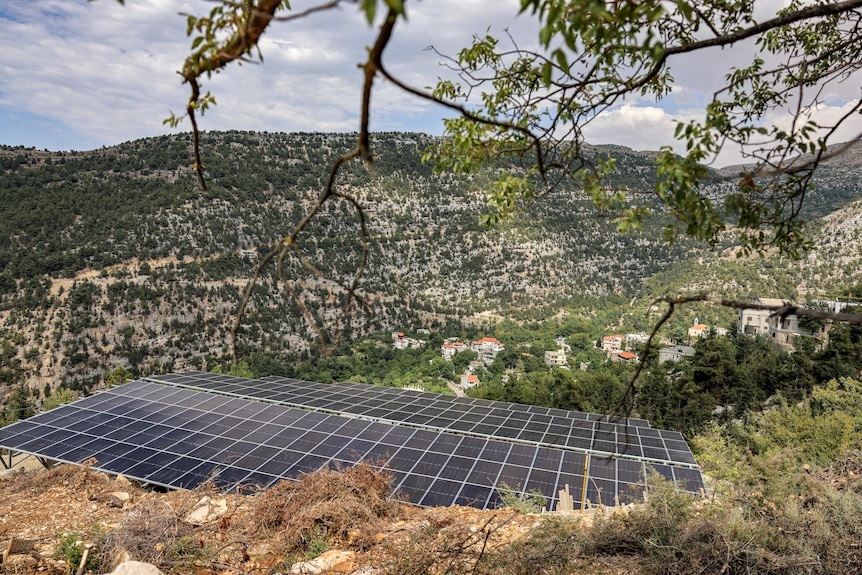
By Ghalia Tamam — Beirut, a picturesque coastal city known for its white capped mountains and booming night life is also home to some of the most beautiful heritage houses lining its inner neighborhoods. Nestled within Beirut’s oldest neighborhood, Abdel Wahab Al Ingiliz’s Street, are some of Beirut’s architectural gems including the 1890 Messarra House as well as the refurbished 1930s house transformed into the Albergo hotel. Unfortunately, not all of the city’s buildings stood the test of time. On August 4th 2020, a loud explosion thundered through the port of Beirut, killing at least 220 people while also destroying several of the city’s unique and precious buildings in its wake. The event saddened the hearts of its people and the Arab nation as a whole. To bring back a semblance of hope as well as a taste of Beirut prior to the 2020 incident, the Beirut Heritage Initiative (BHI) which launched after the events of the explosion collaborated with a maritime archaeology charity known as The Honor Frost Foundation to restore one of the buildings destroyed by the blast.
Located between Pasteur Street and Charles Helou Avenue, the Medawar 479 also known as The Blue House built in 1890 was hit badly by the explosion because of its proximity to the port. To restore it back to its old glory, the BHI reached out to the Honor Frost Foundation (HFF) to request funding for the restoration of several of the buildings hit by the blast including the Blue House. The HFF agreed to fund the Medawar 479 project and the renovation process started on November 2021. The entire project took over a year. On February 28th of this year, the HFF posted an update as well as a sneak peek of the house on Instagram, proudly stating that in over four months, they were able to complete 50% of the renovation process. Structural consolidation, as well as reconstruction of the pitched roof and rebuilding of the houses’ windows using Lebanese cedar wood, were some of the highlights of the restoration work.









